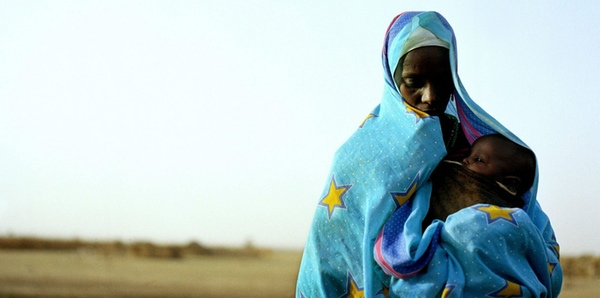Update #4: Results of PTSD survey of refugees in San Diego

Hi everyone,
Just before 2012 came to an end, we managed to exceed our sample size goal (i.e. our goal was 150, we reached 213) in order to assess the rate of Post-Traumatic Stress Disorder (PTSD) among refugees in San Diego. The next step was to analyze the data to see what we could find out, and for that process we owe our thanks to three faculty members at National University — Jan Parker, Brenda Shook, and Charlie Tatum.
It feels painful to me to describe such extreme human suffering in terms of percentages, but with the intention of highlighting just how much the refugees willing to complete our questionnaires have endured, and how many are still suffering currently, it feels important to note below some of the findings.
Eligibility
- Refugees from Ethiopia, Somalia, Burundi, Congo, Sudan, South Sudan, Rwanda, Eritrea, Uganda, or Kenya
- Currently living in San Diego area
- 18 years of age or older
Our sample of 213 refugees included
- An approximately even gender split (slightly more women vs. men)
- 75% from Somalia, Sudan, or South Sudan
- Almost 70% that had lived in a refugee camp
The data revealed
- 83% have endured traumatic experiences (e.g. forced evacuation, lack of food, water, shelter, access to medical care, violence, kidnapping, etc.)
- 85% are currently suffering from symptoms of trauma, ranging from mild to severe (e.g. nightmares, physical pain, recurrent thoughts of terrifying events, etc.)
Number of traumatic experiences they indicated having gone through
- More than 70% survived 3 or more
- More than 50% survived more than 10
- Nearly 10% survived more than 30
Top 5 trauma events
- Forced evacuation
- Lack of food and water
- Ill health without medical care
- Confiscation or destruction of personal property
- Lack of Shelter
Top 5 symptoms of trauma
- Recurrent thoughts or memories of the most hurtful or terrifying events
- Feeling exhausted
- Sudden emotional or physical reaction when reminded of the most hurtful or traumatic events
- Feeling that you had less skills than you had before
- Bodily pain
✶ ✶ ✶
At some point later this year will release more of the results in full detail.
These preliminary findings re-affirm our determination to continue with all necessary next steps toward Trauma Recovery for Refugees.
For now, our efforts turn to the planning of Phase 2 of this project, creating an experiential, abbreviated trauma recovery program specifically for the leaders in the refugee community. We will once again be focused on those from countries in eastern Africa. We want the leaders to have a firsthand experience of what our future program will be like. We will need their feedback and their endorsement when we are ready to launch the actual program.
With gratitude,
Barbara English
Executive Director, Living Ubuntu
http://livingubuntu.org
(949) 891-2005
[Ubuntu] n.
Every human being truly becomes a human by means of relationships with other human being.
Powered by WPeMatico